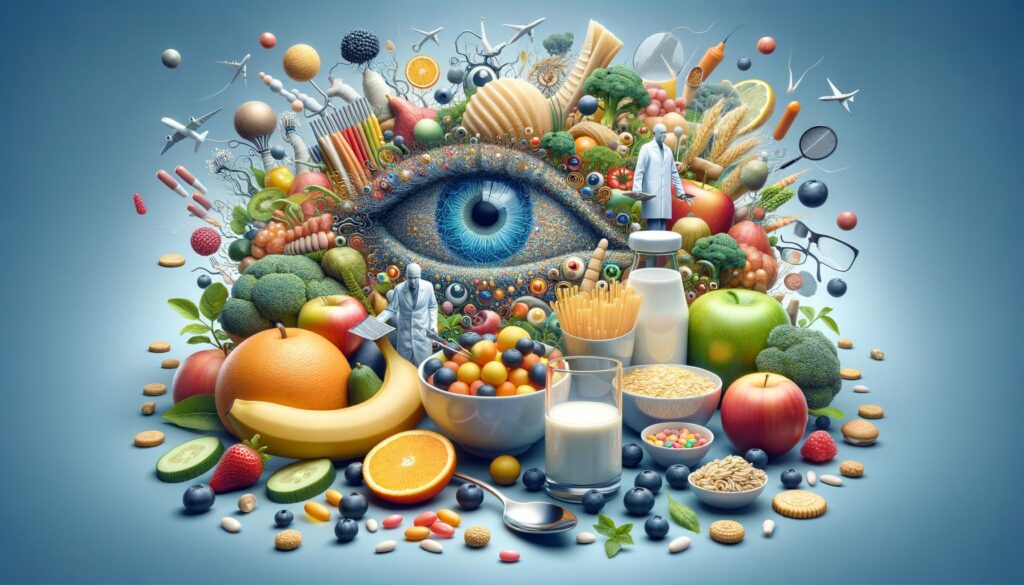Nourishing Your Eyes: Foods That Combat Macular Degeneration

Understanding Macular Degeneration
Macular degeneration is an eye condition that primarily affects the macula, the central part of the retina responsible for sharp, central vision. It is a prevalent cause of vision impairment, especially in older adults. There are two main types: dry and wet. The dry form is more common and progresses slowly, while the wet form can lead to rapid vision loss. Early symptoms may include blurred vision or seeing less vivid colors. Understanding these differences is essential for managing the condition effectively.
The Role of Antioxidants in Eye Health
Antioxidants play a fundamental role in protecting your eyes from oxidative stress, which is a significant factor in the progression of macular degeneration. Foods rich in antioxidants can help to neutralize free radicals in the body. Vegetables like kale, spinach, and broccoli are exceptional sources of lutein and zeaxanthin, antioxidants that are highly concentrated in the macula.
Including more antioxidant-rich foods in your diet can be beneficial. Consider adding the following to your daily meals:
- Carrots for beta-carotene
- Sweet potatoes as an excellent source of vitamin E
- Bell peppers for vitamin C
These nutrients work together to support eye health by reducing inflammation and oxidative damage.
Omega-3 Fatty Acids and Eye Protection
Omega-3 fatty acids are essential for maintaining the structural integrity of the retina. Consuming fish such as salmon, mackerel, and sardines at least twice a week can significantly contribute to eye health due to their high omega-3 content. For vegetarians, flaxseeds and walnuts are great alternatives to fish.
Omega-3s not only support the retina but also play a role in reducing the risk of developing dry and wet age-related macular degeneration. Studies indicate that individuals with higher dietary intake of these healthy fats have a lower prevalence of the condition.
The Importance of a Balanced Diet
A balanced diet that includes a variety of nutrients can further reduce the risk of macular degeneration. Keeping your plate colorful with different fruits and vegetables ensures a wide array of nutrients. Incorporating whole grains, nuts, and seeds can also provide essential vitamins and minerals.
In addition to specific foods, maintaining a healthy lifestyle overall can be advantageous. This includes:
- Regular exercise
- Maintaining a healthy weight
- Quit smoking, if applicable
- Limiting exposure to harmful UV light by wearing sunglasses
These factors combined can aid in sustaining overall eye health.
Practical Tips for Incorporating Eye-Healthy Foods
Integrating foods that support eye health doesn’t have to be challenging. Here are some simple ways to add these beneficial nutrients to your day:
- Start your morning with a smoothie that includes kale, spinach, and oranges.
- Snack on a handful of almonds or walnuts.
- Choose fatty fish options for dinner at least twice a week.
- Add a colorful salad to each meal.
By making these small adjustments, you can enhance your diet’s nutritional value and contribute to the long-term health of your eyes.
Conclusion: Supporting Eye Health Through Diet
Preserving vision as you age is a matter of making informed dietary choices today. With an emphasis on foods rich in antioxidants, omega-3 fatty acids, and a variety of vitamins and minerals, you can take proactive steps in supporting your eye health. Making these foods a part of your regular diet not only benefits your eyesight but also contributes to overall well-being. Remember, what you put on your plate today can impact the clarity of what you see tomorrow.
